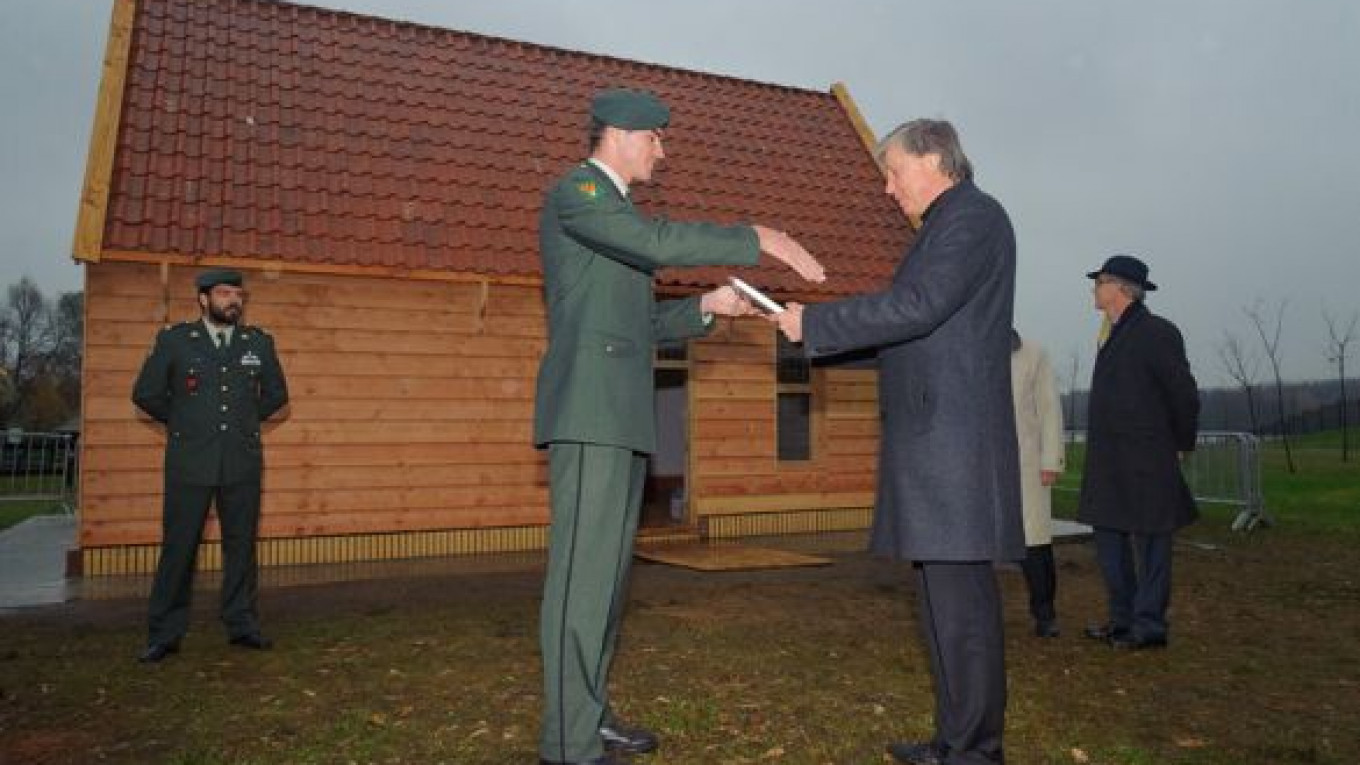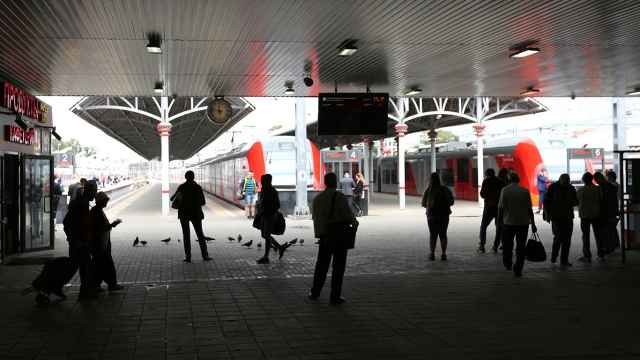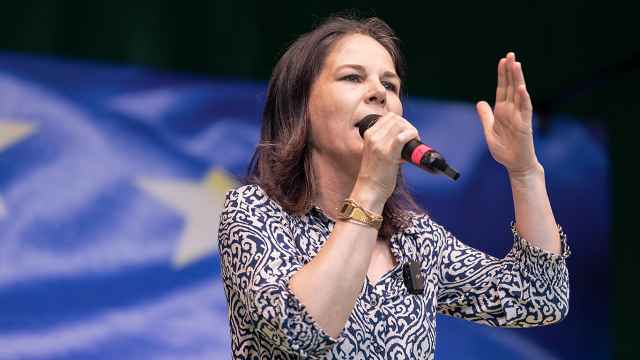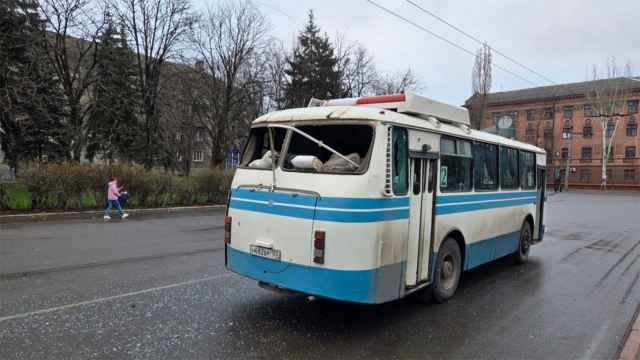When Peter the Great traveled to the Netherlands in 1697 to study the nation's masterly shipbuilding, he could hardly have imagined that one day the small cabin he stayed in would magically appear in his own nation's capital.
But indeed, a small museum housed in an identical copy of the tsar's Dutch residence was formally opened to the public Tuesday in Moscow's Kolomenskoye Park, Interfax reported.
The hut was erected by the Russian and Dutch military engineering corps during the Dutch soldiers' four week stay in Moscow in honor of the 2013 Russia — the Netherlands Bilateral Year.
"We tried to diversify their leisure activities on the weekends as much as possible," a lieutenant general from the Russian engineering corps said, adding that the Dutch soldiers "managed to become familiar with the history, culture and traditions of our country."
The museum displays restored fragments of the original interior, including a fireplace overlaid in Delft ceramic tile and Peter the Great's sleeping place. On the tsar's work table, visitors will find blueprints, maps and books similar to those he may have studied during the week-long stay.
For an extra touch of authenticity, the Zaans Museum, which oversees the original cabin in Zaandam and participated in designing the replica's exposition, have presented the fledgling museum with the 17th century hinges from the original building, Itar-Tass reported.
The exposition includes a multimedia section that recounts Peter the Great's travels through Europe in 1697 and 1698 and offers insight into the ideas he acquired and later applied during the radical Europeanization of Russian society in the 18th century.
The cabin is now the second museum in Kolomenskoye Park dedicated to Peter the Great that was built with Dutch participation.
In 1702, Russian and Dutch craftsmen built a wooden house along the Severnaya Dvina River where Peter the Great lived during the construction of the Novodvinskaya Fortress.
In 1934, it was brought from Arkhangelsk to Kolomenskoye on the orders of the park's first director and made into a museum, which continues to welcome visitors to this day.
A Message from The Moscow Times:
Dear readers,
We are facing unprecedented challenges. Russia's Prosecutor General's Office has designated The Moscow Times as an "undesirable" organization, criminalizing our work and putting our staff at risk of prosecution. This follows our earlier unjust labeling as a "foreign agent."
These actions are direct attempts to silence independent journalism in Russia. The authorities claim our work "discredits the decisions of the Russian leadership." We see things differently: we strive to provide accurate, unbiased reporting on Russia.
We, the journalists of The Moscow Times, refuse to be silenced. But to continue our work, we need your help.
Your support, no matter how small, makes a world of difference. If you can, please support us monthly starting from just $2. It's quick to set up, and every contribution makes a significant impact.
By supporting The Moscow Times, you're defending open, independent journalism in the face of repression. Thank you for standing with us.
Remind me later.






